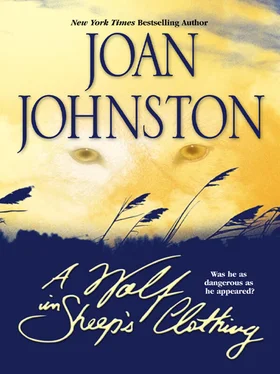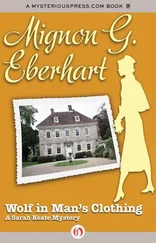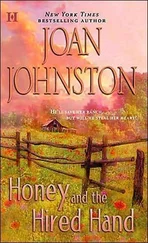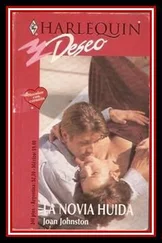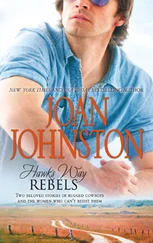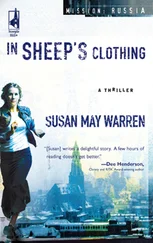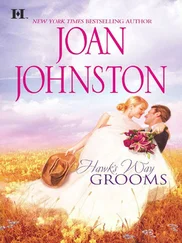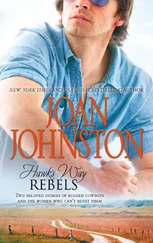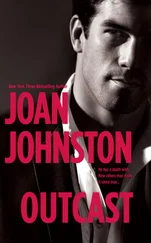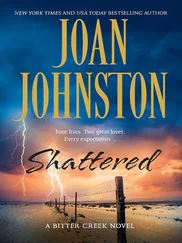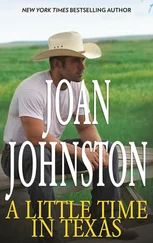Harry had a momentary qualm when she wondered whether they might be right. Maybe she was biting off more than she could chew. After all, what did she know about sheep or sheep ranching? Then her chin tilted up and she clenched her hands in her lap under the table. They were wrong. She wouldn’t fail. She could learn what she didn’t know. And she would succeed.
Harriet Elizabeth Alistair was convinced in her heart that she wasn’t a failure. Surely, once she made up her mind to stop failing, she could. Once she was doing something she had chosen for herself, she was bound to succeed. She would show them all. She wasn’t what they thought her—someone who had to be watched and protected from herself and the cold, cruel world around her. Rather, she was a woman with hopes and dreams, none of which she’d been allowed—or rather, allowed herself—to pursue.
Like a pioneer of old, Harry wanted to go west to build a new life. She was prepared for hard work, for frigid winter mornings and searing summer days. She welcomed the opportunity to build her fortune with the sweat of her brow and the labor of her back. Harry couldn’t expect her family to understand why she wanted to try to make it on her own in a cold, smelly, faraway place where she would have to indulge in manual labor. She had something to prove to herself. This venture was the Boston Tea Party and the Alamo and Custer’s Last Stand all rolled into one. In the short run she might lose a few battles, but she was determined to win the war.
At last Harry broke the awesome silence that had descended on the dinner table. “Nothing you’ve said has changed my mind,” she told her family. “I’ll be leaving at the end of the week.”
Nothing her family said the following week, and they’d said quite a lot, had dissuaded Harry from the course she’d set for herself. She’d been delighted to find, when she arrived a week later in Big Timber, the town closest to great-uncle Cyrus’s ranch, that at least she hadn’t been deceived about the beauty of the mountains in southwestern Montana. The Crazy Mountains provided a striking vista to the north, while the majestic, snow-capped Absarokas greeted her to the south each morning. But they were the only redeeming feature in an otherwise daunting locale.
The Boulder River Valley was a desolate place in late February. The cottonwoods that lined the Boulder River, which meandered the length of the valley, were stripped bare of leaves. And the grass, what wasn’t covered by patches of drifted snow, was a ghastly straw-yellow. All that might have been bearable if only she hadn’t found such utter decay when she arrived at great-uncle Cyrus’s ranch.
Her first look at the property she’d inherited had been quite a shock. Harry had been tempted to turn tail and run back to Williamsburg. But something—perhaps the beauty of the mountains, but more likely the thought of facing her family if she gave up without even trying—had kept her from giving John Wilkinson the word to sell. She would never go home until she could do so with her head held high, the owner and manager of a prosperous sheep ranch.
Harry had discovered dozens of reasons to question her decision ever since she’d moved to Montana, not the least of which was the meeting today with her nearest neighbor. Nathan Hazard hadn’t exactly fulfilled her expectations of the typical western hero. A more provoking, irritating, exasperating man she had never known! Whether he admitted it or not, it had been a pretty sneaky thing to do, helping her so generously with the difficult lambing when he knew all along he was only softening her up so that he could make an offer on her land.
Thoughts of the difficult birthing reminded her that she still had to dispose of the dead lamb. Harry knew she ought to bury it, but the ground was frozen. She couldn’t imagine burning it. And she couldn’t bear the thought of taking the poor dead lamb somewhere up into the foothills and leaving it among the juniper and jack pine for nature’s scavengers to find. None of the brochures she’d read discussed this particular problem. Harry knew there must be some procedures the local ranchers followed. Surely they also had deaths at lambing time. But she’d dig a hole in the frozen ground with her fingernails before she asked Nathan Hazard what to do.
For now Harry decided to move the dead lamb behind the barn and cover it with a tarp. As long as the weather stayed cold, the body wouldn’t decay. When she could spare the time, she would take a trip into Big Timber and strike up a conversation with Slim Harley at the feed store. Somehow she would casually bring up the subject of dead lambs in the conversation and get the answers she needed. Harry’s lips twisted wryly. Western conversations certainly tended to have a grittier tone than those in the East.
Harry couldn’t put off what had to be done. She slipped her vest back on, pulled her cap down on her head and stepped back into her galoshes. A quick search turned up some leather work gloves in the drawer beside the sink. A minute later she was headed back out to the sheep pens.
Harry actually shuddered when she picked up the dead lamb. It had stiffened in death. It was also heavier than she’d expected, so she had to hold it close to her chest in order to carry it. Despite everything Harry had read about not getting emotionally involved, she was unable to keep from mourning the animal’s death. It seemed like such a waste. Although, if the lamb had lived it would have gone to market, where it would eventually have become lamb chops on some Eastern dinner table.
Maybe she ought to call Nathan Hazard and take him up on his offer, after all.
Before Harry had a chance to indulge her bout of maudlin conjecture she heard another sheep baaing in distress.
Not again!
Harry raced for the sheep pens where she had separated the ewes that were ready to deliver. Instead she discovered a sheep had already given birth to a lamb. While she watched, it birthed a twin. Harry had learned from her extensive reading that her sheep had been genetically bred so they bore twins, thus doubling the lamb crop. But to her it was a unique happening. She stopped and leaned against the pen and smiled with joy at having witnessed such a miraculous event.
Then she realized she had work to do. The cords had to be cut and dipped in iodine. And the ewe and her lambs had to be moved into a jug, a small pen separate from the other sheep, for two or three days until the lambs had bonded with their mothers and gotten a little stronger.
Harry had read that lambing required constant attention from a rancher, but she hadn’t understood that to mean she would get no sleep, no respite. For the rest of the night she never had a chance to leave the sheep barn, as the ewes dropped twin lambs that lived or died depending on the whims of fate. The stack under the tarp beside her barn got higher.
If Harry had found a spare second, she would have swallowed her pride and called Nathan Hazard for help. But by the time she got a break near dawn, the worst seemed to be over. Harry had stood midwife to the delivery of forty-seven lambs. Forty-three were still alive.
She dragged herself into the house and only then realized she’d forgotten about the orphan lamb in her kitchen. He was bleating pitifully from hunger. Despite her fatigue, Harry took the time to fix the lamb a bottle. She fell asleep sitting on the wooden-plank floor with her back against the wooden-plank wall, with the hungry lamb in her lap sucking at a nippled Coke bottle full of milk replacer.
That was how Nathan Hazard found her the following morning at dawn.
Nathan had lambing of his own going on, but unlike Harriet Alistair, he had several hired hands to help with the work. When suppertime arrived, he left the sheep barn and came inside to a hot meal that Katoya, the elderly Blackfoot Indian woman who was his housekeeper, had ready and waiting for him.
Читать дальше
